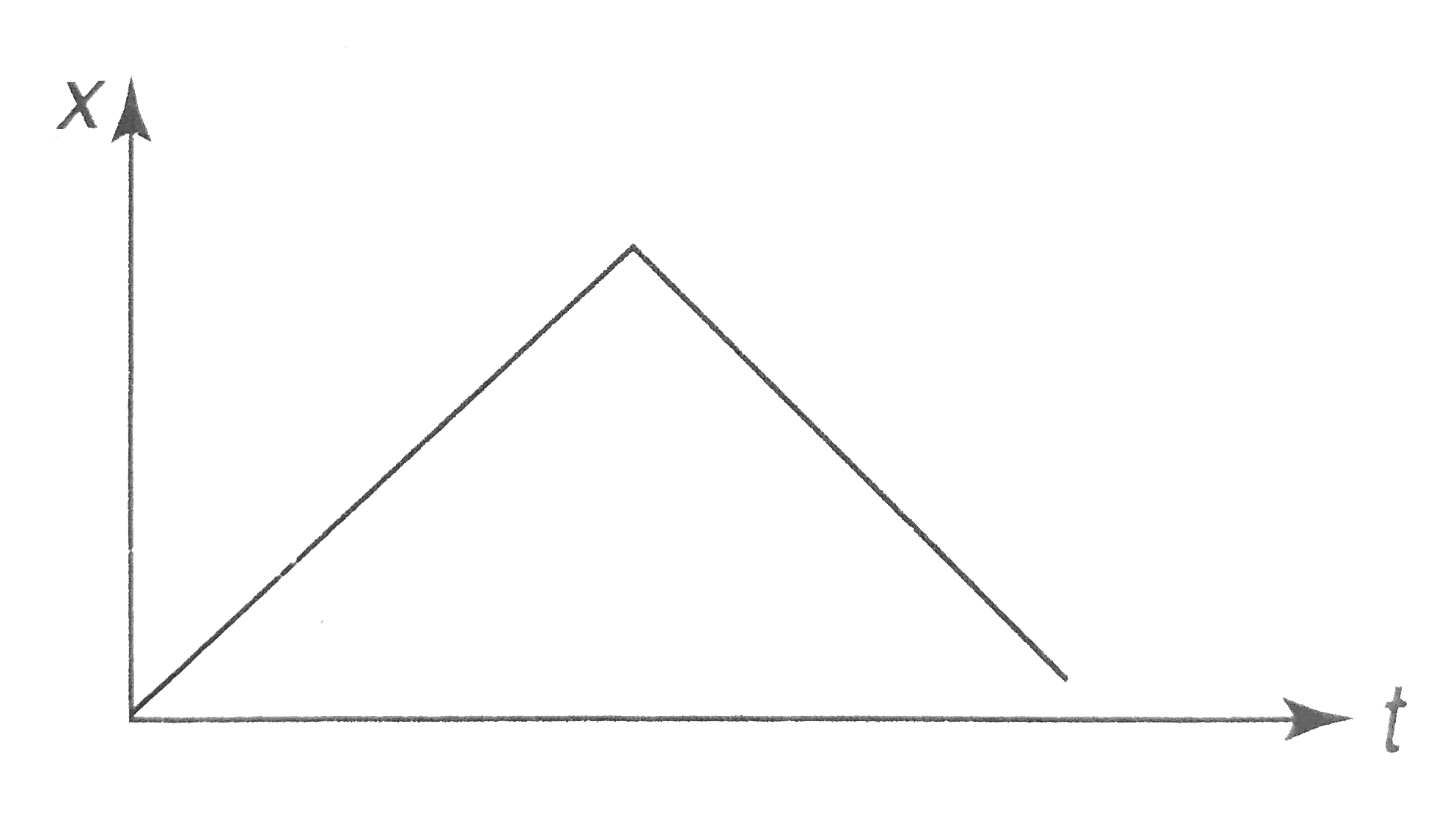Complete Solutions to Assertion Reasoning of chapter GENERAL KINEMATICS AND MOTION IN ONE DIMENSION of Class 11 book with complete answers and questions
| Class 11 | PHYSICS |
| Chapter | GENERAL KINEMATICS AND MOTION IN ONE DIMENSION |
| A2Z | Assertion Reasoning |
| Number Of Questions | 20 |
| Academic Year | 2023-24 |
Assertion: The instantaneous velocity does not depend on instantaneous position vector.
Reason: The instantaneous velocity and average velocity of a particle are always same.
View SolutionAssertion: A balloon ascends from the surface of earth with constant speed. When it was at a height `50 m` above the ground, a packet is dropped from it. To an observer on the balloon, the displacement of the packet, from the moment it is dropped to the moment it reaches the surface of earth, is `50 m`
Reason: Displacement (vector) depends upon the reference frame used to measure it.
View SolutionAssertion: If two particles, moving with constant velocities are to meet, the relative velocity must be along the line joining the two particles.
Reason: Relative velocity means motion of one particle as viewed from the other.
View SolutionAssertion: `x-t` graph, for a particle undergoing rectilinear motion, can be as shown in the figure.
Reason: Infinitesimal changes in velocity are physically possible only in infinitesimal time.

View SolutionAssertion: Area under velocity-time graph give displacement.
Reason: Area under acceleration-time graph give velocity.
View SolutionAssertion: In a uniformly accelerated motion, acceleration the graph is straight line with positive slope.
Reason: Acceleration is rate of change of velocity.
View SolutionAssertion: A particle is moving on a horizontal surface its path will be straight line if initial velocity and acceleration are along same horizontal surface.
Reason: An between `vec u` and `vec a` determine particle therefore. It may be accelerated or retarded curvilinear.
View SolutionAssertion: if air resistance is considerd then time to ascent and time of desent will be different.
Reason: Magnitudes of acceleration will be different in upwards and downward motion.
View SolutionAssertion: A body,whatever its motion, is always at rest in a frame of reference which is fixed to the body itself.
Reason: The relative velocity of a body with respect to itself is zero.
View SolutionAssertion: A body having non zero acceleration can have a constant velocity.
Reason: Acceleration is the rate of change of velocity.
View SolutionStatement I: A body can have acceleration even if its velocity is zero at a given instant .
Statement II: A body is momentarily at rest when it reverses its direction of velocity.
View SolutionAssertion: The average velocity of the object over an interval of time is either smaller then or equal to the average speed of the object over the same interval.
Reason: Velocity is a vector quantity and speed s a scalar quantity.
View SolutionAssertion: A negative acceleration of a body can be associated with a 'speeding up' of the body.
Reason: Increase in speed of a moving body is independent of its direction of motion.
View SolutionAssertion: The average speed of a body over a given interval of time is equal to the average velocity of the body in the same interval of time if a body moves in a straight line in one direction.
Reason: Because in this case distance travelled by a body is equal to the displacement of the body.
View SolutionAssertion: The slope of displacement-time graph of a body moving with high velocity is steeper than the slope of displacement-time graph of a body with low velocity.
Reason: Slope of displacement-time graph = Velocity of the body.
View SolutionAssertion: Displacement of a body may be zero when distance travelled by it is not zero.
Reason: The displacement is the longest distance between initial and final position.
View SolutionAssertion: The displacement of a body is vector sum of the area under velocity-time graph.
Reason: Displacement is a vector quantity.
View SolutionAssertion: For a particle moving in a straight line velocity (v in m//s) of the particle in terms of time (t in sec) is given by `v = t^2 - 6t + 8`. Then the speed of the particle is minimum at `t = 2 sec`
Reason: For a particle moving in a straight line velocity `v` at any time `t` may be minimum or may be maximum when `(dv)/(dt) = 0`.
View SolutionAssertion: In rectilinear motion when velocity is positive distance travelled increases and when velocity is negative distance travelled decreases.
Reason: Distance is length of the path covered by a particle.
View SolutionAssertion: Three projectiles are moving in different paths in the air. Vertical component of relative velocity between any of the pair does not change with time as long as they are in air. Neglect the effect of air friction.
Reason: Relative acceleration between any of the pair of projectile is zero.
View Solution
Assertion Reasoning questions and complete solutions for chapter GENERAL KINEMATICS AND MOTION IN ONE DIMENSION of A2Z PHYSICS (HINGLISH) of Class 11